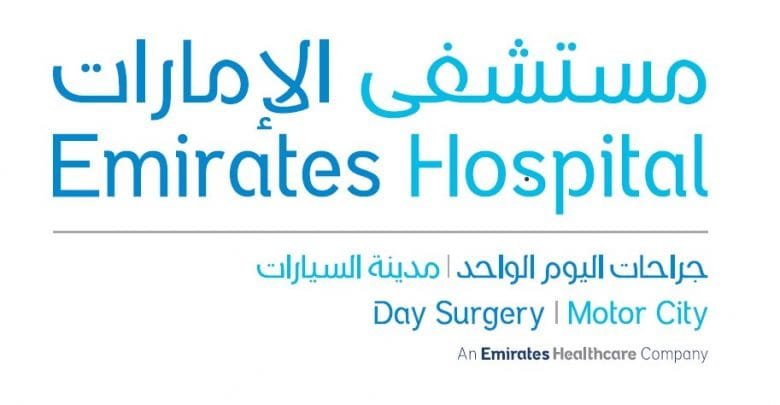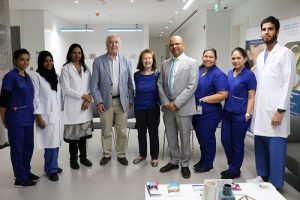
75-year-old British expat undergoes successful cornea transplant surgery in the UAE
shaheennews
M.J., a 75-year-old British expat who has been living in the UAE for 50 years, suffered from a blinding condition that led to glare, cloudy vision and eye discomfort. A successful cornea transplant has sharpened her vision.
“When M.J. first visited us, we noticed that there had been a complication with her recent cataract surgery, which caused the blurry vision. Her cornea was damaged during the surgery and the only possible solution was a corneal endothelial transplantation, which we performed with the patient’s consent,” said Dr Sandip Mitra, Specialist Ophthalmologist at Emirates Hospital Day Surgery and Medical Center, Motorcity.
Dr Mitra performs at least three cornea transplants per month. A new transplant surgery, corneal endothelial transplantation has a 90 percent success rate and it can be repeated if a cornea fails after 10 years. Doctors take around 10 percent of the graft from a donor and leave 90 percent of the recipient cornea intact.
“A corneal endothelial transplantation is not easy; it requires the skills of an expert,” commented Dr Walid Achi, Chief Operating Officer, Emirates Healthcare.
Dr Mitra added, “This patient also suffered from arthritis and hypertension. Although the surgery took one hour, she was discharged the same day. We are glad that we had the opportunity to work on such a complicated case within a year of our Center’s opening. After the surgery, her vision improved dramatically; in three to four weeks, her reading and sight improved and she experienced reduced eye pain and tearing.”
Emirates Hospital Day Surgery and Medical Center, Motorcity arranged for the patient to receive a cornea from an eye bank in Florida, which delivered it to the hospital in two days. Dr Mitra explained that the selection of the cornea is key to the success of the surgery. In his opinion, the cornea from a healthy young person yields the best result.
In the UAE, 1 in 100 people suffers from cornea-related problems caused by allergies, rubbing one’s eyes and hereditary diseases. Not every problem requires a surgical solution; Dr Mitra said that he receives visits from more than 10 patients with keratoconus eye diseases each month and their treatment does not involve surgery.
*Source: AETOSWire







